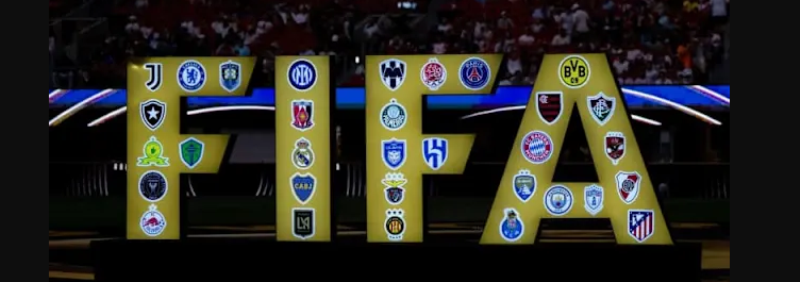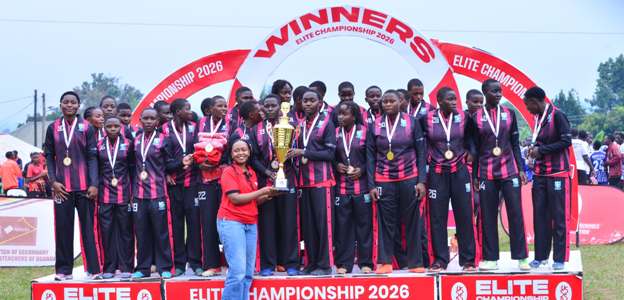In a landmark move to tackle racism in football, FIFA has unveiled the Players’ Voice Panel, a 16-member advisory group featuring global football icons. Honorary captain George Weah leads the initiative, which aims to influence culture, education, and accountability across the sport.

The panel’s mandate is ambitious: advising FIFA on anti-racism strategies, educating players, coaches, and spectators, and developing long-term solutions to eradicate discrimination from football. Members such as Didier Drogba, Emmanuel Adebayor, and Briana Scurry bring a mix of lived experience and global perspective, creating a forum that bridges on-field realities with off-field policy.
FIFA President Gianni Infantino described the initiative as “a historic step. For the first time, players will sit at the heart of systemic change in football.” Yet, questions remain: How will these strategies translate into tangible results on the pitch? Can education campaigns and increased sanctions fundamentally shift entrenched behaviours, or will they merely serve as symbolic gestures?
The panel operates within FIFA’s wider Global Stand Against Racism, which is structured around five pillars: escalating fines and enforcement, standardising evidence-sharing for national prosecution, embedding educational programmes, promoting the No Racism gesture, and fostering cultural dialogue. Analysts argue that while punitive measures are necessary, cultural transformation requires sustained engagement with fans, grassroots programmes, and national associations.
Weah emphasises football’s unifying power: “The sport enhances humanity. I will exert every effort to promote it because football is life.” But the challenge is clear , can a panel, however influential, overcome systemic bias in leagues, stadiums, and federations that have historically struggled with accountability?
As the Players’ Voice Panel begins its work, the footballing world watches closely. The potential exists not only to curb abuse in stadiums but to embed anti-racism into the very DNA of the sport. The pressing question remains: Will this be the turning point football so urgently needs, or another initiative lost amid promises? Results await.

